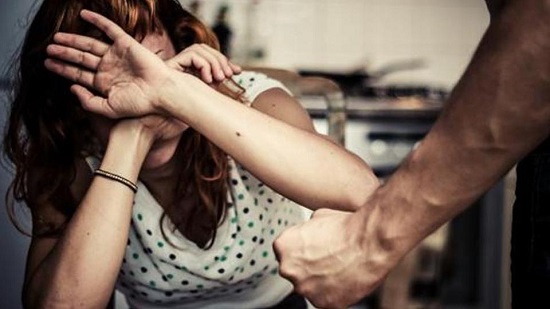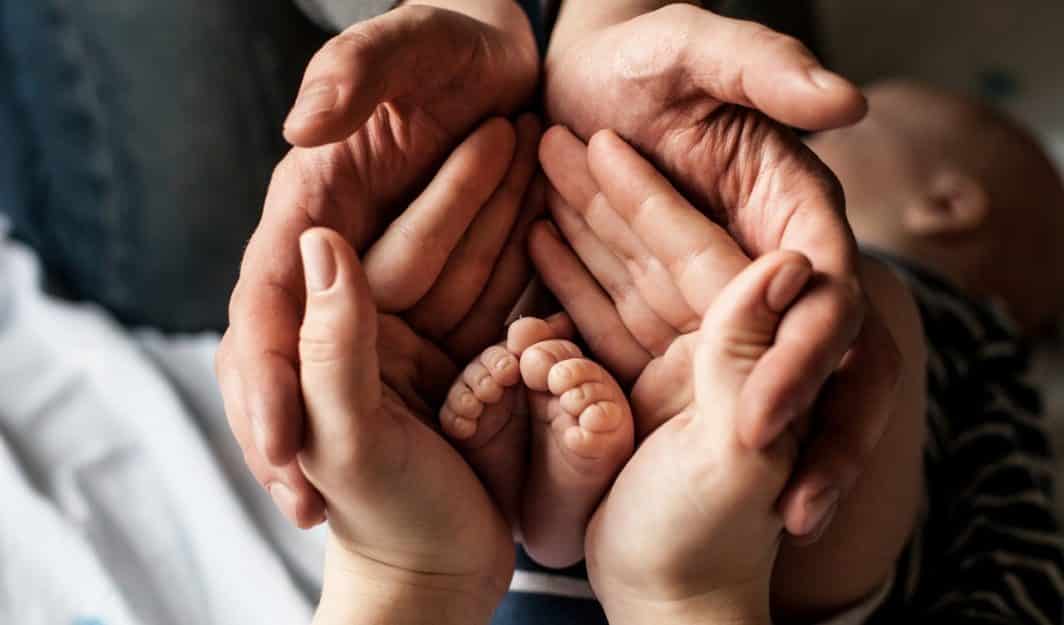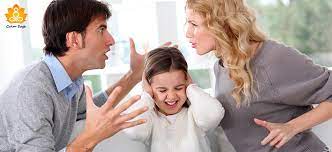Domestic violence is more than just hitting and other physical attacks though. It is a persistent pattern of controlling behaviors. It stems from physical abuse, sexual abuse, and in some cases psychological abuse where an intimate partner tries to gain power over the other.
WHAT IS DOMESTIC VIOLENCE
Well, it is a type of abuse that usually happens when there is a close relationship between the offender and the victim. The victim in most cases is dependent on the offender. Because the offender is usually superior to the victim. Researchers often claim that women are the victims of domestic violence at least by 85%. However, men, children, and elderly people can also be victims.
EFFECTS OF DOMESTIC VIOLENCE
a. Domestic violence is usually the leading cause of disabilities, illnesses, and ultimately death for middle-aged women.
b. One of the lasting effects of domestic violence is emotional and psychological traumas. Sometimes it leads to an impact on the mental health of the victim which can cause depression and/or suicide.
c. Homelessness.
d. Alcoholism and drug addiction to get over the pain.
e. Physical health injuries and problems that may not get medically treated.
Children and young people need to grow up in a secure and nurturing environment. Where domestic or family violence exists, the home is not safe or secure and children are scared about what might happen to them and the people they love.
CAUSES OF DOMESTIC VIOLENCE
Generally, there are a lot of things that can cause domestic violence. They are;
1. Using domestic violence to solve problems.
2. Regular disagreements
3. Financial issues
4. Insecure attachment style as a child.
5. Mental problems
6. Low anger management
7. Jealousy and envy

DOMESTIC VIOLENCE SIGNS
These are some of the likely signs that your partner has violent tendencies.
Your partner always;
1. Punches pushes, kicks, bites, pulls hair.
2. Accuses you of having an affair.
3. Blames you for abuse.
4. Criticizes you.
5. Threatens to kill you or someone close to you
6. Throws things or punches walls when angry
7. Yells at you and makes you feel small
8. Keeps cash and credit cards from you
9. Puts you on an allowance and makes you explain every dollar you spend
10. Keeps close tabs on where you go and whom you go with
11. Embarrasses you in front of others, and it makes you want to avoid people
12. Attacks you with weapons.
HOW TO DEAL WITH DOMESTIC VIOLENCE IN MARRIAGE
There are a lot of case scenarios. Some people however do not want to “just leave” in an abusive marriage. Divorce is not an easy option. So how then do you deal with domestic violence in your marriage?
1. Believe that you are not alone.
2. Talk in confidence to someone you trust: a relative, friend, pastor, or family doctor
3. Have a contingency plan, like hiding an extra car key, saving some money, keeping personal documents confidential. In addition, having the National Domestic Violence Hotline on speed dial.

HOW TO DEAL WITH DOMESTIC VIOLENCE IN RELATIONSHIPS
The world for many domestic abuse victims can feel quite lonely and isolated. Basically, reaching out and letting them know that you are there for them can provide tremendous relief. So how do you help your friend or loved one suffering from it in their relationship? How do you help them deal?
Learn the Warning Signs:
Generally, there are many warning signs you cannot overlook when helping a friend you suspect might be going through it. These are;
#1. The Physical Signs:
These are the most obvious warning signs. They include;
a. A black eye
b. Busted lips
c. Red or purple marks on the neck
d. Bruises on the arms
#2. Emotional Signs:
The emotional signs that accompany domestic violence are;
a. Low self-esteem
b. Substance abuse/ drug abuse
c. Symptoms of depression and anxiety
d. Loss of interest in regular activities and/or hobbies
#3. Behavioral Signs:
Some behavioral signs are;
a. Becoming withdrawn or distant
b. Excessive privacy
c. Isolation

In conclusion, when a child constantly witnessing abuse as the norm or is being abused, it usually destroys the child’s ability to trust others. In addition, it undermines his or her ability to control emotions. However, some experts believe that it has a little genetic predisposition. That basically means the violent tendencies are genetic.
Domestic Violence FAQ’s
What are examples of abuse?
Intimidation, compulsion, ridicule, harassment, treating an adult like a kid, isolating an adult from family, friends, or normal activities, using silence to regulate conduct, and yelling or swearing that causes emotional discomfort are all examples.
How do I know if I am an abuser?
Are you requesting sexual acts from your victim in exchange for providing their fundamental needs and requirements? If someone does not want to have sex, whether they are in a relationship or not, they do not have to. You are abusive if you force someone to do anything against their will.
What causes a person to be abusive?
Abusive persons believe they have the right to control and limit their partners’ lives, frequently because they believe their own feelings and wants should take precedence in the relationship, or because they enjoy the power that such abuse provides them.



